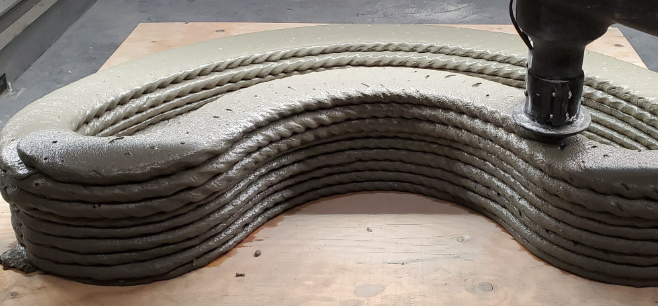Functions as a retarder and water-retaining agent in cement ratios.
Enhances viscosity, controls cement setting time, and improves bonding force.
Water retention properties prevent water loss, surface cracks, and improve adhesion.
Suitable for mechanized construction, improving efficiency and preventing weathering.
HPMC in Special Mortar:
Efficient water-retaining agent in dry mortar, reducing bleeding rate and improving cohesion.
Significantly enhances tensile and bonding strength, inhibiting elastic crack formation.
Particle size, viscosity, and water retention increase with HPMC dosage.
HPMC Solution Characteristics:
Surface-active properties ensure uniform distribution in the system.
Forms a protective colloid, stabilizing slurry systems during mixing and construction.
Gradual release of water promotes good water retention and cement hydration.
Benefits in Mortar Preparation:
Water retention of up to 95%, improving bond strength.
Particularly crucial for tile binders with varying absorption rates.
Stability and Compatibility:
Stable in a wide pH range, resistant to acids and bases.
Improves construction performance by creating smooth surfaces and prolonging operation time.
Non-ionic and non-polymeric, ensuring stability in aqueous solutions.
Production and Usage:
Derived from cotton fiber, stable in gel material, and widely used in dry mortar.
Lower cost compared to other cellulose ethers.
Function in Dry Mixed Mortar:
Thickens new mixed mortar, preventing segregation and providing wet viscosity.
Key property is water retention, allowing sufficient time for cement hydration.
Air introduced during water retention enhances mortar construction.
Viscosity Considerations:
Viscosity affects water retention; finer particles and higher viscosity contribute to better water retention.
Different methods for measuring viscosity can yield varying results.
Temperature and Water Retention:
Water retention influenced by temperature, with decreasing efficiency as temperature rises.
Special treatments, like increased etherification, maintain water retention in high temperatures.
Choosing the Right HPMC:
Different types (60, 65, 75) for various applications and temperatures.
Dosage should be carefully selected to avoid plaster sticking and prolonged condensation time.
Laboratory experimentation crucial for ensuring stability and performance in mortar products.
In summary, HPMC offers a range of benefits in enhancing the properties of both ordinary and special mortars, with considerations for temperature, particle size, and viscosity crucial in its effective application.


